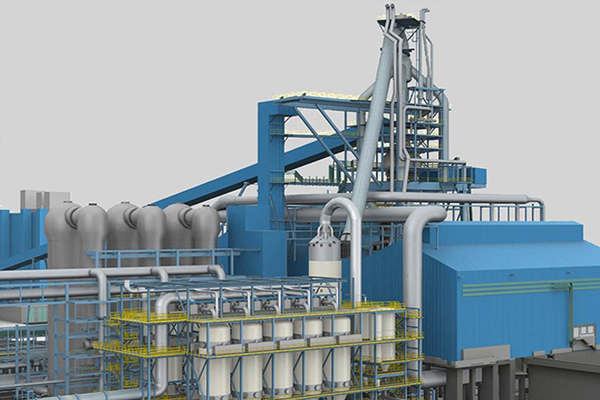SS GreenTech delivers top-tier engineering services, providing end-to-end solutions across various industries with a focus on excellence and innovation
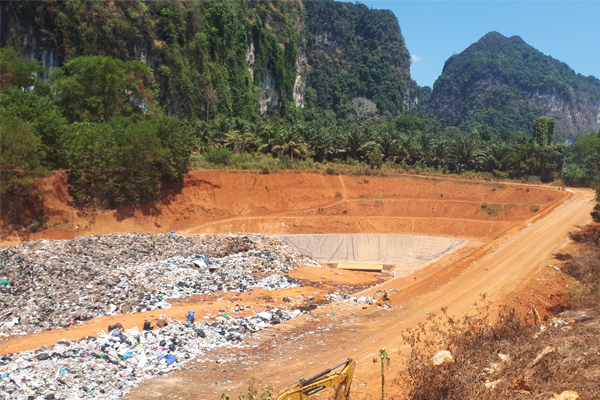
Waste-to-energy technology transforms non-recyclable waste into energy, alleviating landfill stress and producing power. This process, through methods like incineration or anaerobic digestion, not only curbs environmental pollution but also diversifies energy sources. By turning waste into a resource, these facilities play a vital role in modern waste management, offering sustainable solutions to both waste disposal and energy production challenges, benefiting communities and industries alike
Waste-to-biogas technology converts organic waste, like food scraps and agricultural residues, into biogas, a renewable energy source. Anaerobic digestion breaks down organic matter, releasing methane-rich biogas. This process reduces greenhouse gas emissions and produces clean energy. Waste-to-biogas facilities adhere to circular economy principles, transforming organic waste into valuable energy resources, advancing sustainability and resource efficiency for a greener future.
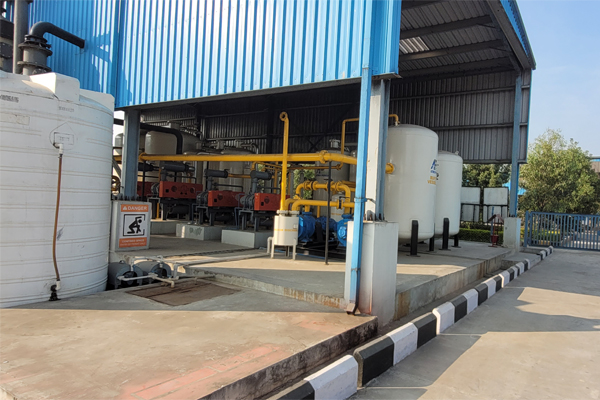
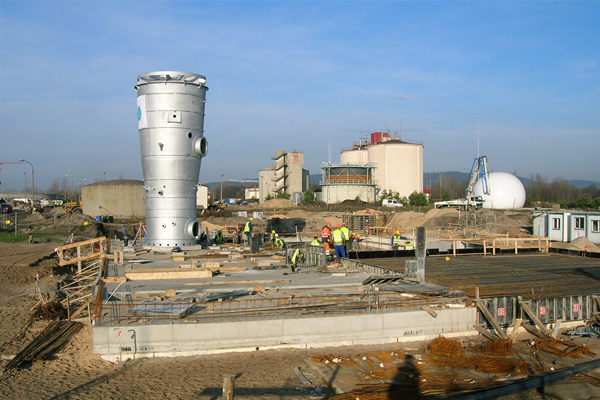
Sludge incineration is a waste treatment method that involves burning sewage sludge at high temperatures, converting it into ash and gases. This process not only reduces the volume of sludge but also destroys harmful pathogens and organic compounds. While generating heat or electricity, sludge incineration helps manage wastewater treatment by-product effectively, minimizing environmental impacts and ensuring safe disposal of sewage sludge.
A biomass-based power plant generates electricity by burning organic materials like wood, agricultural residues, or urban waste. Through combustion, biomass produces heat that drives turbines, generating electricity. This process is carbon-neutral, as the carbon dioxide released is offset by the carbon dioxide absorbed during plant growth. These plants diversify energy sources, reduce reliance on fossil fuels, and contribute to a sustainable energy future.
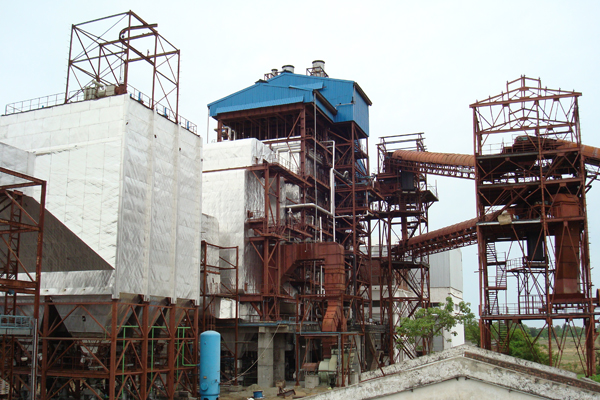
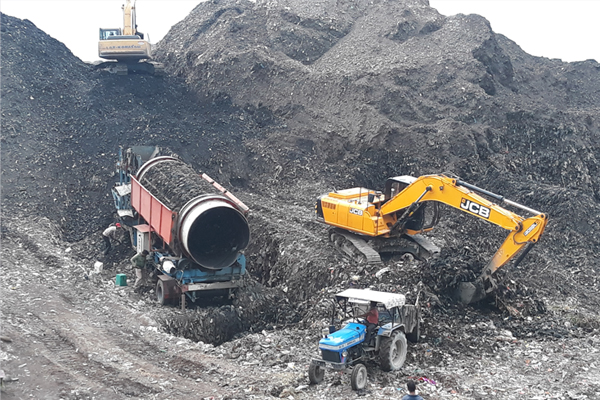
An RDF-fired CBFC boiler is a specialized type of combustion system designed to burn refuse-derived fuel (RDF) efficiently. RDF is produced from municipal solid waste (MSW) through processes like shredding and drying, resulting in a fuel with consistent quality and higher energy content. CBFC boilers combust RDF at high temperatures, generating steam used to produce electricity or heat. This technology helps manage waste effectively while producing renewable energy, contributing to sustainable waste management practices.
An RDF-fired CBFC boiler is a specialized type of combustion system designed to burn refuse-derived fuel (RDF) efficiently. RDF is produced from municipal solid waste (MSW) through processes like shredding and drying, resulting in a fuel with consistent quality and higher energy content. CBFC boilers combust RDF at high temperatures, generating steam used to produce electricity or heat. This technology helps manage waste effectively while producing renewable energy, contributing to sustainable waste management practices.
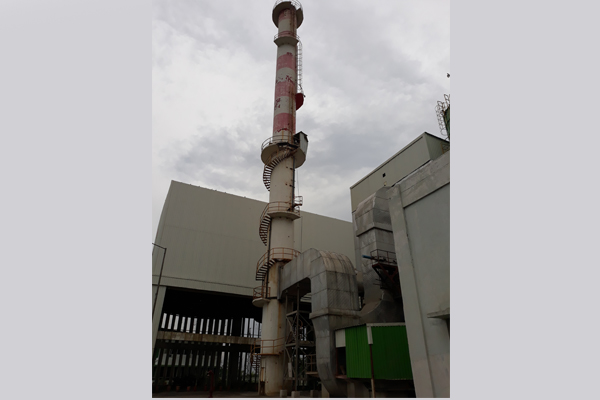
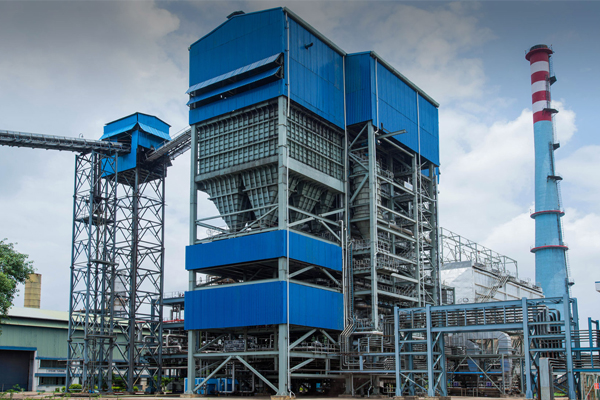
A sponge iron heat recovery boiler is a critical component in the sponge iron manufacturing process, which involves reducing iron ore into sponge iron using coal-based rotary kilns. These boilers recover heat from the waste gases generated during the sponge iron production process. By utilizing this heat to generate steam, they produce energy used for various purposes within the plant or for electricity generation. This technology enhances energy efficiency and reduces the environmental impact of sponge iron manufacturing.
Blast furnace or coke oven gas-fired boilers utilize the by-product gases generated from iron and steel production processes. These gases, primarily blast furnace gas and coke oven gas, contain combustible components like carbon monoxide and hydrogen. By burning these gases in specialized boilers, heat is produced to generate steam for various industrial applications, including power generation and heating. Utilizing these gases as fuel enhances resource efficiency, reduces waste, and contributes to sustainable industrial practices.
